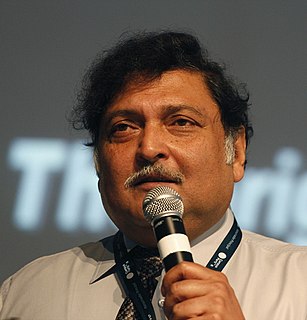A Quote by O. S. Hawkins
We warn our children and grandchildren about peer pressure. We want them to say no to the vices of the world: drinking, drugs, and other destructive behaviors. But as we move from childhood to adulthood, we find the peer pressure changes. Daniel 3:2 notes "the satraps, the administrators, the governors, the counselors, the treasurers, the judges, the magistrates, and all the officials of the provinces" were there. I'm sure more than one of them thought they needed to keep their job with all of its benefits. Not much has changed in two-and-a-half millennia.
Quote Topics
About
Administrators
Adulthood
Behaviors
Benefits
Changed
Changes
Childhood
Children
Children And Grandchildren
Daniel
Destructive
Destructive Behavior
Drinking
Find
Governors
Grandchildren
Half
Job
Judges
Keep
Magistrates
More
Move
Much
Needed
Notes
Officials
Other
Our
Our Children
Peer
Peer Pressure
Pressure
Provinces
Say
Sure
Than
Them
Thought
Two
Vices
Want
Warn
Were
World
Related Quotes
It's tough for parents to talk to children about heavy-weight topics such as peer pressure, drugs and morality if they don't already have a closeness. A parent can't just all of a sudden pick out an hour and talk to a son about being morally clean if the parent and child haven't spent much time together for three or four years. I think closeness is developed more quickly by having fun together.
In team sports the athletes were bonded by each other, there was an immense peer pressure to keep going. One dared not miss a practice for fear of letting his teammates down. Every time an athlete thought of getting back into bed in the morning he knew he would have to face the anger of his closest friends. But the sculler had to find motivation entirely within himself. No one else cared.
Many kids only think about the present moment and don't realize that they are creating a digital footprint, which will follow you forever! You have to be careful about what you put on the Internet. It can even prevent you from getting a job! Other kids... especially girls... give in to peer pressure and take racy photos for boys because they think it will make the boy like them more. This NEVER works. Girls, let him like you with your clothes on.
If churches saw their mission in the same way, there is no telling what might happen. What if people were invited to come tell what they already know of God instead of to learn what they are supposed to believe? What if they were blessed for what they are doing in the world instead of chastened for not doing more at church? What if church felt more like a way station than a destination? What if the church’s job were to move people out the door instead of trying to keep them in, by convincing them that God needed them more in the world than in the church?



































